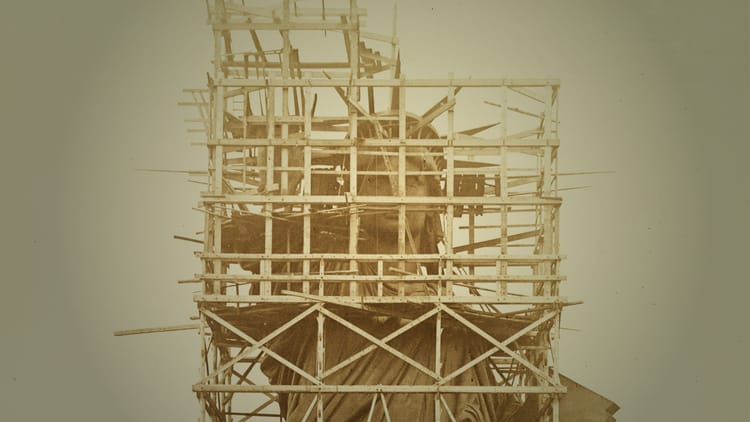I’ll be the judge of that

Americans’ trust in media is remarkably weak. But the reasons why aren’t entirely clear. Some critics of mainstream U.S. media have suggested that the explanation is mainly in how different media insiders’ preoccupations—with goings-on at their country’s elite institutions, for example—are from the general public’s. How true is this? And ultimately, how can journalists address what really matters to people?
Conor Friedersdorf is an American journalist and a staff writer for The Atlantic. Friedersdorf agrees that there’s a disconnect between journalists and the population at large, but he sees that disconnect as having to do less with excessive coverage of, say, private-school controversies and more with a shift in journalists’ understanding of the social purpose of their work.
Whereas the governing ethos of American journalism was once to report accurately and fearlessly on matters of public concern (“all the news that’s fit to print”)—which might include investigative exposés of corruption or other malfeasance—it’s increasingly to support moral judgments, sometimes on apparently arbitrary matters like now-offensive content in old TV comedy shows.
Meanwhile, American journalists now tend to come into their profession by way of liberal arts colleges and internships, rather than through traditional apprenticeships at local newspapers. All of which, Friedersdorf says, affects their sense not just of what they ought to cover but where moral urgency in their work lies …
Phoebe Maltz Bovy: What do American readers want from journalism? And are they getting it?
Conor Friedersdorf: One approach to journalism is to think of yourself as a person with a platform and authority and influence, and to use those things to tell the reader what the truth is, and what is just, and what is moral, and to shape a public consensus in a way that advances social justice. I don’t think that is an approach that most people want. It’s certainly not the approach that I think of my readers as having.





